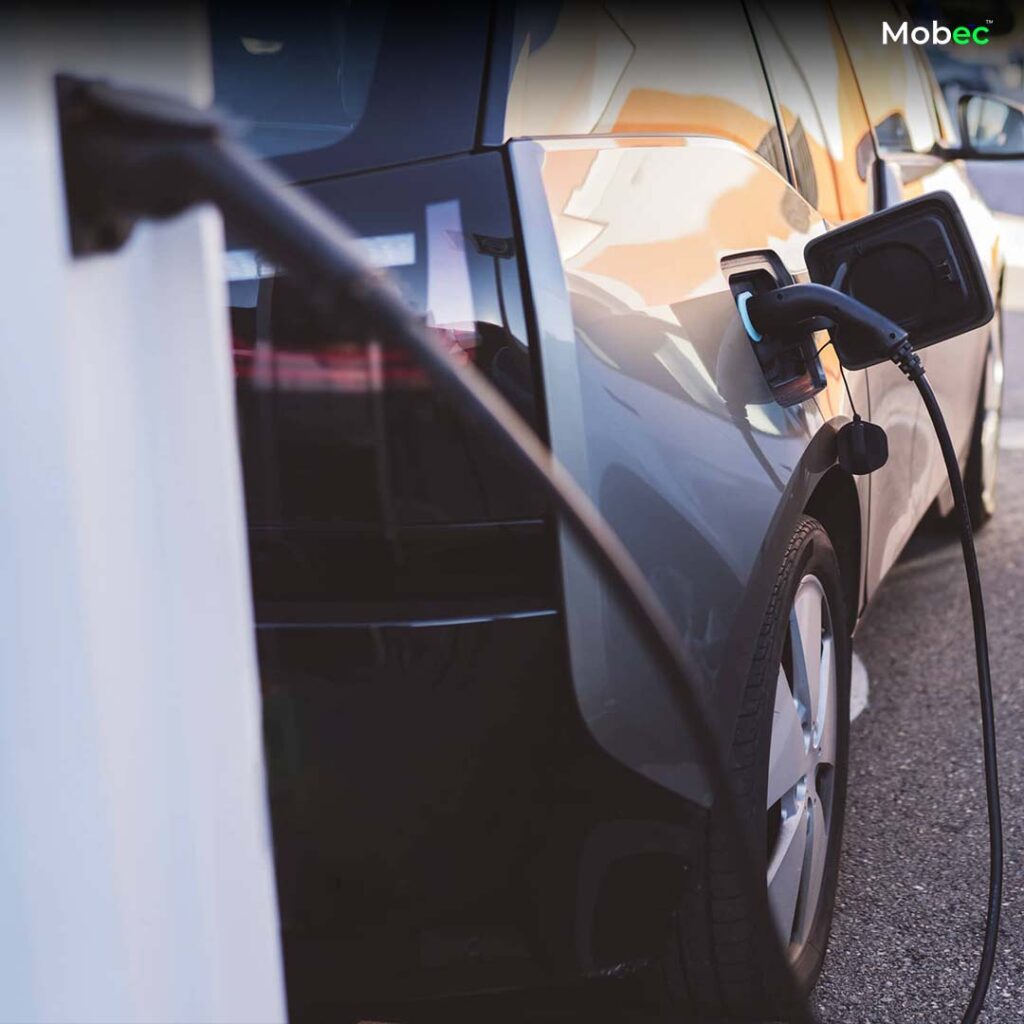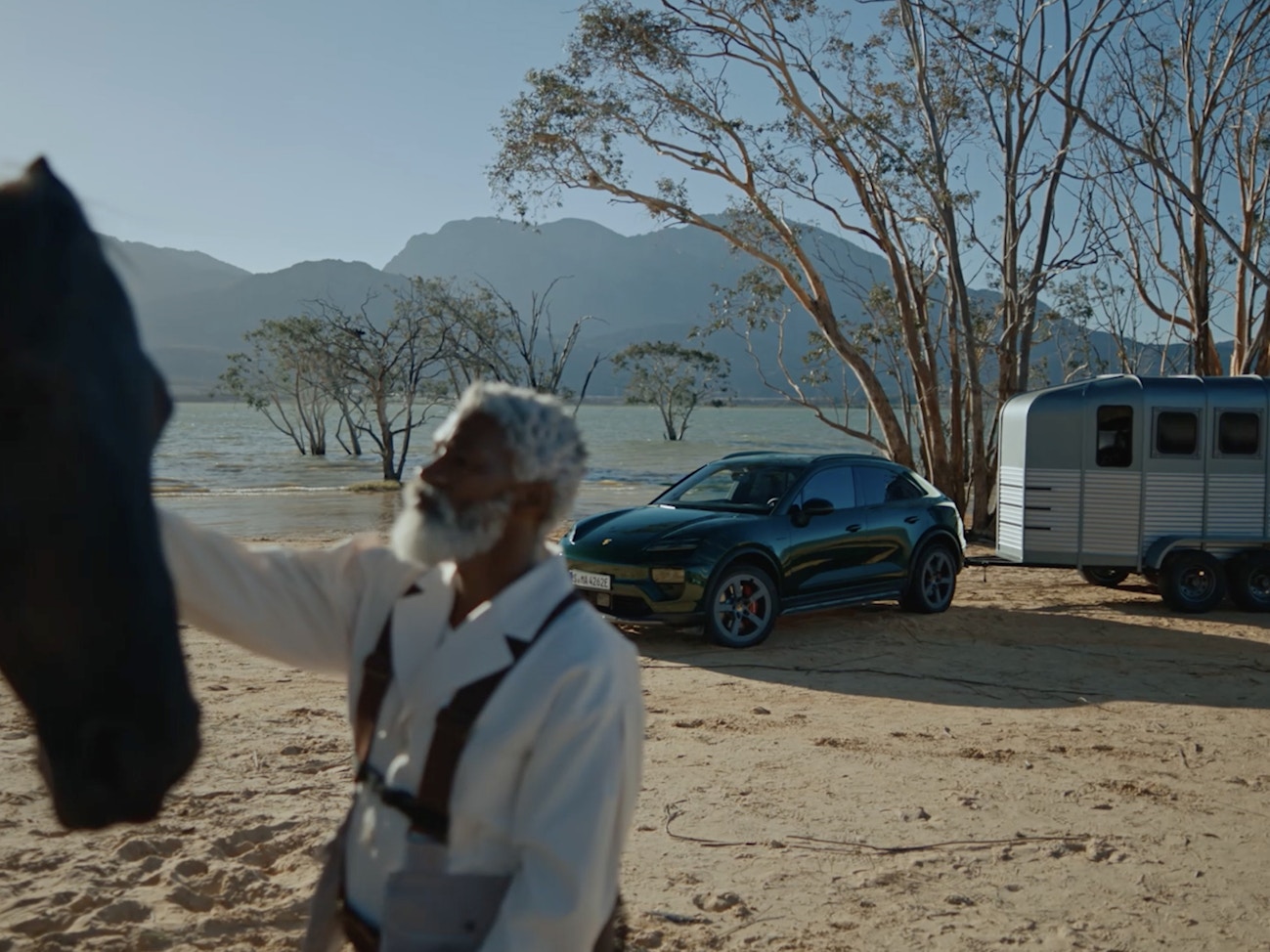Car Dealerships Intensify Fight Against EV Sales Requirements

Table of Contents
Financial Concerns Driving Dealership Opposition
One of the primary drivers of dealership opposition to EV sales requirements is the perceived financial burden. The transition to selling and servicing EVs presents substantial challenges to their traditional business models. Dealerships face several key financial hurdles:
-
Lower profit margins on EV sales compared to gasoline vehicles: The current business model for many dealerships is heavily reliant on the higher profit margins associated with gasoline-powered vehicles and their associated maintenance and repair services. EVs, with their simpler mechanical components, often generate lower service revenue. This impacts overall profitability and represents a significant shift in revenue streams.
-
Significant upfront investment in EV infrastructure: Adapting to EV sales necessitates considerable investment in new infrastructure. This includes installing fast-charging stations on dealership premises, acquiring specialized tools and equipment for EV maintenance and repair, and potentially upgrading existing facilities to accommodate the unique needs of electric vehicles. These costs are substantial and represent a significant barrier for many dealerships.
-
Need for extensive employee retraining on EV technology and maintenance: EVs require different technical skills for maintenance and repair compared to gasoline-powered vehicles. Dealerships must invest in training their staff on the intricacies of EV technology, battery systems, and electric motor diagnostics. This retraining process is costly and time-consuming.
-
Challenges in managing EV inventory due to longer lead times and different logistical needs: The supply chain for EVs can be more complex and prone to delays, leading to challenges in inventory management. Dealerships must adapt their inventory strategies to accommodate these longer lead times and potentially higher storage costs for EVs.
-
Uncertainty surrounding future government regulations and consumer demand: The constantly evolving regulatory landscape surrounding EVs creates uncertainty for dealerships. Predicting future consumer demand and adjusting inventory accordingly is challenging, adding to financial risk.
Concerns About Consumer Adoption and Market Readiness
Beyond financial concerns, dealerships also express significant reservations about the broader market readiness for widespread EV adoption. Several factors contribute to this skepticism:
-
Dealerships express doubts about consumer readiness to embrace EVs fully: While EV adoption is growing, many dealerships believe that a substantial portion of the consumer base remains hesitant to switch to electric vehicles due to factors such as range anxiety, charging infrastructure limitations, and perceived higher initial purchase prices.
-
Limited availability of public charging infrastructure, especially in rural areas: The lack of widespread public charging infrastructure, particularly outside of major metropolitan areas, remains a major barrier for potential EV buyers. This “range anxiety” is a real concern for many consumers and hinders EV adoption.
-
Range anxiety remains a significant barrier for potential EV buyers: The limited driving range of many EVs, especially when compared to gasoline-powered vehicles, remains a significant concern for many potential buyers. Concerns about running out of charge before reaching a charging station inhibit EV adoption.
-
Concerns about battery life, cost of replacement, and recycling: The lifespan of EV batteries and the cost of replacement are still significant unknowns for many consumers. Concerns about the environmental impact of battery disposal and recycling processes also play a role in consumer hesitancy.
-
Need for improved consumer education on the benefits and practicalities of EV ownership: Many consumers remain uninformed about the benefits and practicalities of owning and maintaining an EV. Improved education and public awareness campaigns are needed to address these misconceptions and encourage wider adoption.
Lobbying Efforts and Political Influence
Facing financial and market-related challenges, car dealerships are actively engaging in lobbying efforts to influence EV sales regulations. Powerful automotive lobbying groups are exerting significant political pressure:
-
Powerful automotive lobbying groups actively working to influence legislation: These groups are employing various strategies to delay or weaken the implementation of EV sales mandates at both the state and federal levels.
-
Attempts to delay or weaken EV sales mandates at the state and federal levels: Lobbying efforts focus on delaying or altering regulations that mandate a certain percentage of EV sales.
-
Use of political donations and advocacy campaigns to shape public opinion: Financial contributions to political campaigns and targeted advocacy efforts are used to influence policymakers and shape public perception of EV adoption.
-
Arguments focusing on economic impact and potential job losses in the transition: Lobbying groups frequently emphasize potential negative economic consequences, including job losses in the automotive sector, as a result of rapid EV adoption.
-
Exploiting concerns about the reliability of the electrical grid: Concerns about the capacity of the electricity grid to handle a surge in EV charging demand are being used to argue against the rapid expansion of EV sales.
The Role of Franchise Agreements and Manufacturer Pressure
The relationship between car dealerships and manufacturers is also playing a significant role in the resistance to EV sales requirements. Dealerships often argue that:
-
Dealerships argue that strict EV sales quotas imposed by manufacturers infringe on their autonomy: Manufacturers are increasingly setting EV sales targets for their dealerships, which some dealerships view as an infringement on their business autonomy.
-
Lack of sufficient manufacturer support in terms of training, marketing, and infrastructure investment: Dealerships often complain about a lack of sufficient financial and logistical support from manufacturers to facilitate the transition to EV sales and service.
-
Conflict between dealership franchise agreements and the need to meet EV sales targets: Existing franchise agreements may not adequately address the unique challenges and requirements of selling and servicing EVs, creating conflict and tension between dealerships and manufacturers.
-
Unequal playing field for dealerships with limited resources to invest in EV infrastructure: The significant financial investment required to adapt to EV sales creates an unequal playing field, disadvantaging smaller dealerships with limited resources.
Conclusion
Car dealerships are actively resisting the increasing pressure to sell electric vehicles due to a complex interplay of financial concerns, consumer adoption challenges, and political lobbying. The industry's transition to EVs is fraught with uncertainty and resistance, highlighting the need for collaborative efforts between manufacturers, dealerships, and policymakers. Addressing these concerns requires a multifaceted approach involving financial incentives, improved consumer education, robust charging infrastructure development, and a more equitable regulatory framework.
Call to Action: Understanding the multifaceted challenges surrounding EV sales requirements is crucial for navigating the future of the automotive industry. Further investigation into the implications of these evolving regulations is needed to ensure a smooth and equitable transition to a more sustainable transportation landscape. Stay informed on the ongoing fight against EV sales requirements and the impact it has on both consumers and the automotive sector. The future of automotive sales hinges on effectively addressing the challenges and concerns surrounding the transition to electric vehicles.

Featured Posts
-
 Ex Leoben Trainer Jancker Neuer Job Bestaetigt
Apr 29, 2025
Ex Leoben Trainer Jancker Neuer Job Bestaetigt
Apr 29, 2025 -
 Alterya Acquired By Blockchain Giant Chainalysis A Strategic Move In Ai
Apr 29, 2025
Alterya Acquired By Blockchain Giant Chainalysis A Strategic Move In Ai
Apr 29, 2025 -
 Nyt Spelling Bee February 26th Hints Solutions And Strategies For Puzzle 360
Apr 29, 2025
Nyt Spelling Bee February 26th Hints Solutions And Strategies For Puzzle 360
Apr 29, 2025 -
 Secret Service Closes Investigation Into White House Cocaine Incident
Apr 29, 2025
Secret Service Closes Investigation Into White House Cocaine Incident
Apr 29, 2025 -
 Minnesota Twins Defeat New York Mets 6 3
Apr 29, 2025
Minnesota Twins Defeat New York Mets 6 3
Apr 29, 2025
Latest Posts
-
 Regionalliga Mitte Das Neue Trainerteam Des Dsv Leoben
Apr 29, 2025
Regionalliga Mitte Das Neue Trainerteam Des Dsv Leoben
Apr 29, 2025 -
 The Porsche Puzzle Why Australias Enthusiasm Lags Behind
Apr 29, 2025
The Porsche Puzzle Why Australias Enthusiasm Lags Behind
Apr 29, 2025 -
 Dsv Leoben Neues Trainerteam Fuer Die Regionalliga Mitte
Apr 29, 2025
Dsv Leoben Neues Trainerteam Fuer Die Regionalliga Mitte
Apr 29, 2025 -
 Is Australia Missing Out Exploring The Global Love For This Porsche
Apr 29, 2025
Is Australia Missing Out Exploring The Global Love For This Porsche
Apr 29, 2025 -
 Missing Person British Paralympian Last Seen In Las Vegas Over A Week Ago
Apr 29, 2025
Missing Person British Paralympian Last Seen In Las Vegas Over A Week Ago
Apr 29, 2025
